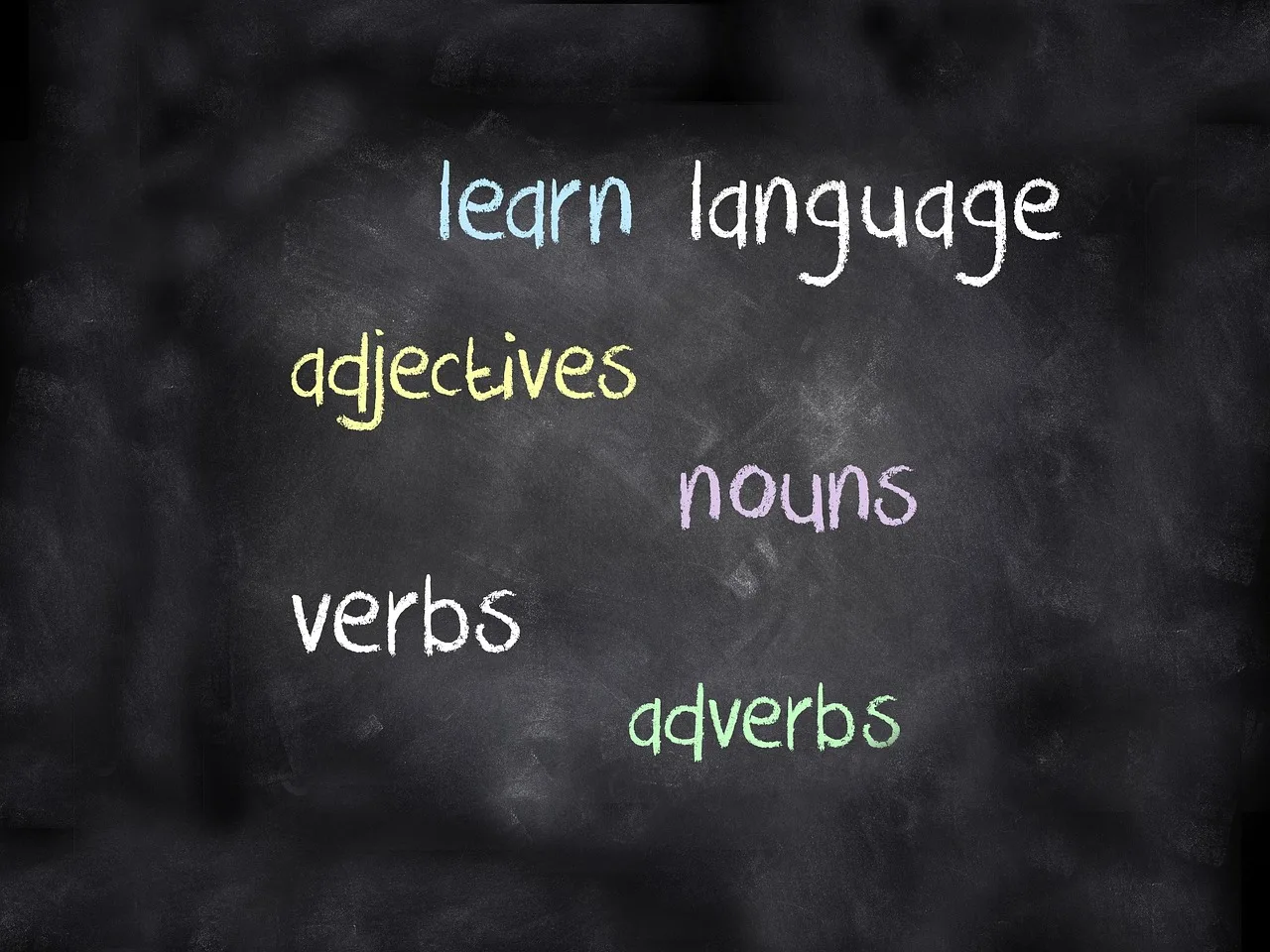The least intuitive fact that exists, especially where exams and assignments are concerned, is that sometimes less is more, and less spread over a longer period is an unbeatable formula. (Sorry E=MC₂, you had a good run). In the depths of exam stress, your mental health can feel like a worthwhile sacrifice; after all, you’re trading the present in service of the future. How can working hard ever be wrong?
Unfortunately, there’s a distinction between working hard and just plain overworking, which the prospect of exams has the amazing ability to blur. Hard work is never a one-size-fits-all: it isn’t defined by long hours, exacting timetables, or states of exhaustion – all of which can be actively detrimental. It means nothing more or less than what you can reasonably manage. So, if your thoughts sound anything like the following (‘I need to do well, so studying for three hours after class must mean I’m pushing myself. But four hours is pushing myself more; it might mean the difference between passing and failing. If I cut out some meals, dial back on sleep, I can push myself further, fit even more in …’) then you need to stop, breathe, and reset. The psychology of exams can backfire on us exactly because we want to succeed, but there are better and easier ways to the same result.
Before anything else, lower the pressure on yourself. Yes, exams are important. No, they are not the end of life, the universe, and everything. Give them the gravity they deserve and no more. There is no version of events where they cannot be retaken, if necessary (and through illness, injury, or circumstance, students necessarily retake exams every season). Additionally, try to reframe what exams represent; gruelling as they may be, they are an opportunity to showcase your knowledge and ingenuity. Particularly at university level, there’s much more nuance between right and wrong than there has ever been, and you have the validity to defend your arguments.
Mental health is also physical health, and vice versa, so looking after your sleep and nutrition (notably things both jettisoned in the previous scenario) are especially important during exam season. Sleep aids in memory consolidation, boosts learning and problem solving, and reduces stress – not bad for seven-to-eight hours of unconsciousness. Concomitantly, adding a few brain-boosting foods such as nuts and seeds, berries, wholegrains, or oily fish, not only gives your reserves more to work with, but also fuels the best combatant against exam stress: exercise. Moving your body helps to increase energy and reduce cortisol levels (a win-win), it can also take the form of anything from a several kilometre swim, to a ten minute walk out in nature.
There’s still a YOU behind the revision process, protect it and preserve it.
The next point is the one we started with: less is more, and less spread over a longer period is an unbeatable formula. Studying for exams usually conjures the image of a two-to-three-week deep dive off the sharp edge of sanity – change it. Make revision a marathon instead of a sprint. Incorporate some study time into your weekly schedule throughout the year: go over what you’ve been taught, challenge yourself to recall it, or apply it to a question. This can help take the pressure off at the end, especially with topics you covered earlier in the year, by keeping them fresh in your mind. Studying doesn’t have to be a solo slog either, get together with friends and help each other understand complex topics, hold each other accountable week-on-week. Returning to the question of how much is enough – that’s completely individual, there’s no gold standard to meet. You know your capabilities best, so work with them, not against them.
And the ultimate way to mind your head? Accept that there will always be a question you can’t answer, or something you forget in the heat of the moment. Nothing human is ever perfect, if you knew everything you’d be writing the exam, not sitting it. Focus on what you can give, disregard the rest. Before you know it, exam season will be over and you’ll realise how temporary it was.
Until then, good luck, we’re rooting for you!



